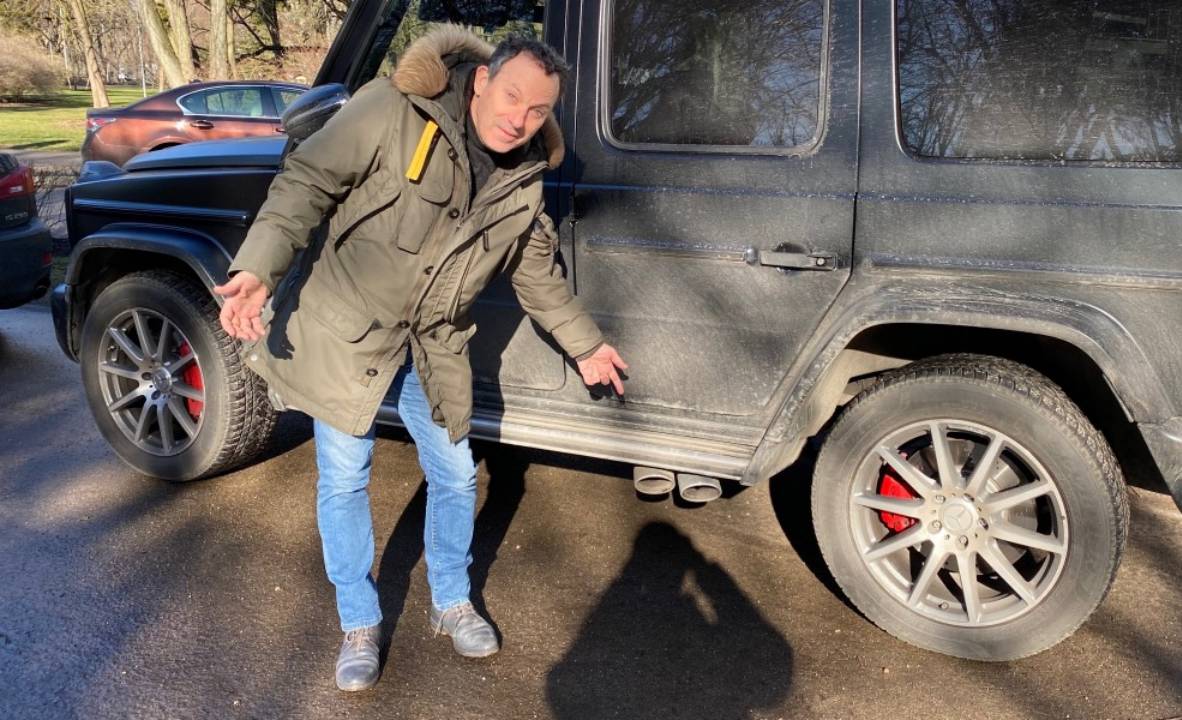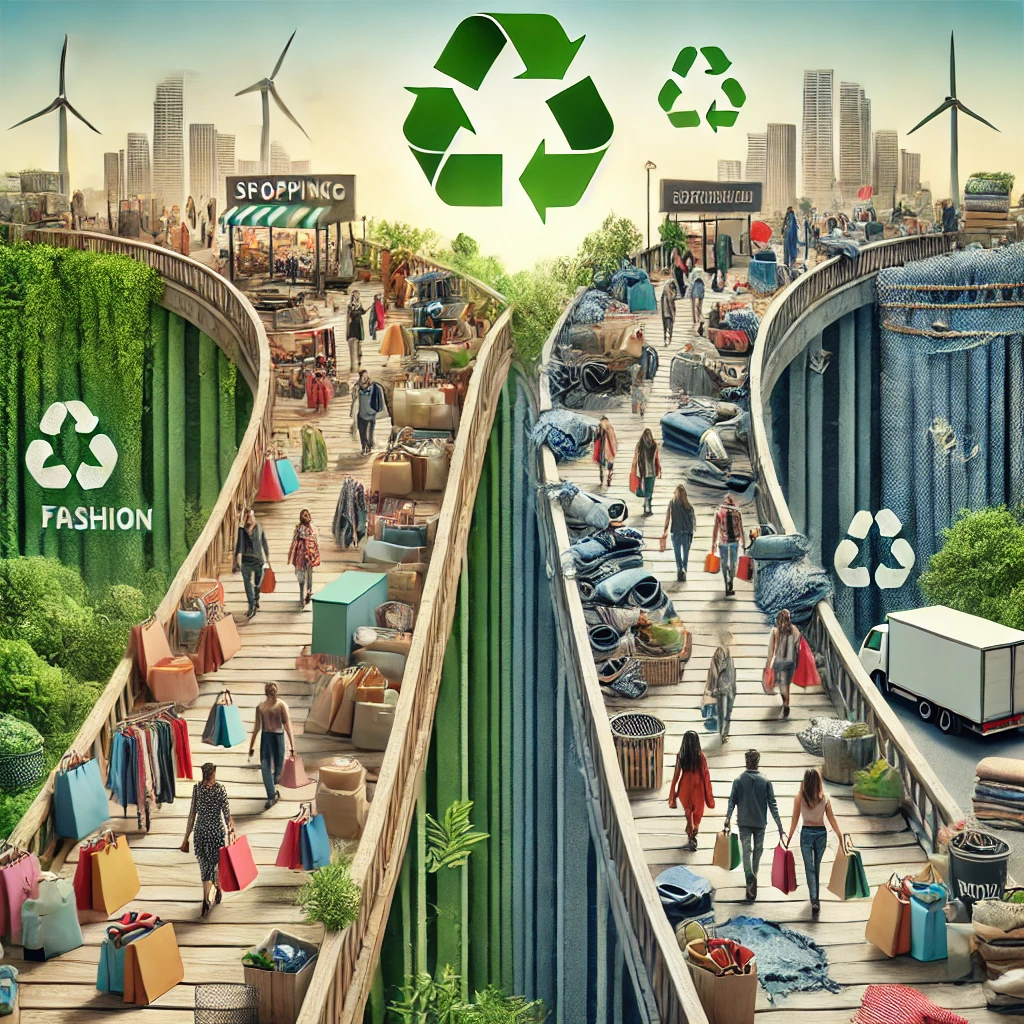Making money means making carbon. Although businesses and bankers don’t put it that way, it’s the truth: there’s money in emissions, simply because carbon is emitted by producing, packaging, and distributing the things we buy and the products we use.
Therefore, carbon emissions are simply the price we pay (beyond money) for living as we do, which means that there is an economic value put on carbon production.\
We need to put an economic value on carbon reduction instead.
But how can we change our carbon behaviour if we don’t understand the value of a unit of carbon and if we can’t see it or measure it?
Understanding and measuring our CO2 footprint is the first step.
I admit that despite working for nearly ten years with sustainability and climate issues, I don’t understand what a kilogram of CO2 is. I know what a kilogram of potatoes is, but a kilogram of CO2? Sorry, I can’t visualize it, and I can’t get my head around it.
I trust that it’s not only me.
We keep hearing massive numbers, but the bigger they get, the more abstract they become. So how can we act on them?
Greta keeps talking about the global budget, saying: “If we are to have a 67 percent chance of limiting the global temperature rise to below 1.5 degrees [C], we had, on Jan. 1, 2018, 420 gigatons of carbon dioxide left in our CO2 budget. And of course, that number is much lower today. We emit about 42 gigatons of CO2 a year. At current emission levels, that remaining budget is gone within 8 ½ years.”
Did you get it? I didn’t.
Sure, I understand the 8 ½ years – but what about the rest? How much are 420 gigatons of carbon dioxide, and what does it mean for me as an individual?
And more importantly: what can I do about it?
At the World Economic Forum in Davos last month, climate change was at the top of the agenda. Talks took place in open panel discussions, hallways, and private meeting rooms. Businesses and global leaders like Jane Goodall and Prince Charles made some commitments.
But these commitments are not sufficient, and we do need a plan, a plan that will help us, individuals, to stop feeling that we can’t make a difference, a program that will prevent the confusion and fear from this unknown and mysterious phenomenon called climate change.
Despite increased awareness about carbon emissions and the ability to quantify it, there is a gap between pledges of a low-carbon lifestyle and true behavioural change.
So, we at Kora created a plan. It is simple to understand and even simpler to implement. It is an economical solution that will lead to a change in our collective behaviour. The critical elements of the Kora’s Earth Loyalty Program are:
- Measure your carbon footprint: with the Kora App – soon to be released, you will be able to measure your footprint from your everyday activities as you move through your day and compare it with others and Kora’s community.
- Reduce your carbon footprint – once you can measure your carbon footprint and make it tangible, you can also start taking action to reduce it. For example, by choosing to jump onto the Tube instead of getting a taxi to your next meeting. We anticipate that each user will reduce his/her carbon footprint by at least 30% only as a result of the measurement.
- Offset your carbon footprint with our subscription program – most funds will be invested in footprint reduction projects with world-class partners.
- Earn Kora, the new sustainability points, by reducing your footprint measured with the Earth Loyalty Program benchmark, and finally
- Redeem the Kora points at our marketplace and with our partners and participating businesses.
Whether you’re a believer or a denier of Climate Change, you can capitalize on the things you do to reduce your carbon footprint and become a carbon-reducing hero.
Just register yourself at our website: https://kora.app, to learn more about Kora, our upcoming launch, and how you can be involved.
It’s time for us to repay the Earth’s Loyalty.
Gilad Regev is the Founder and CEO of Kora




